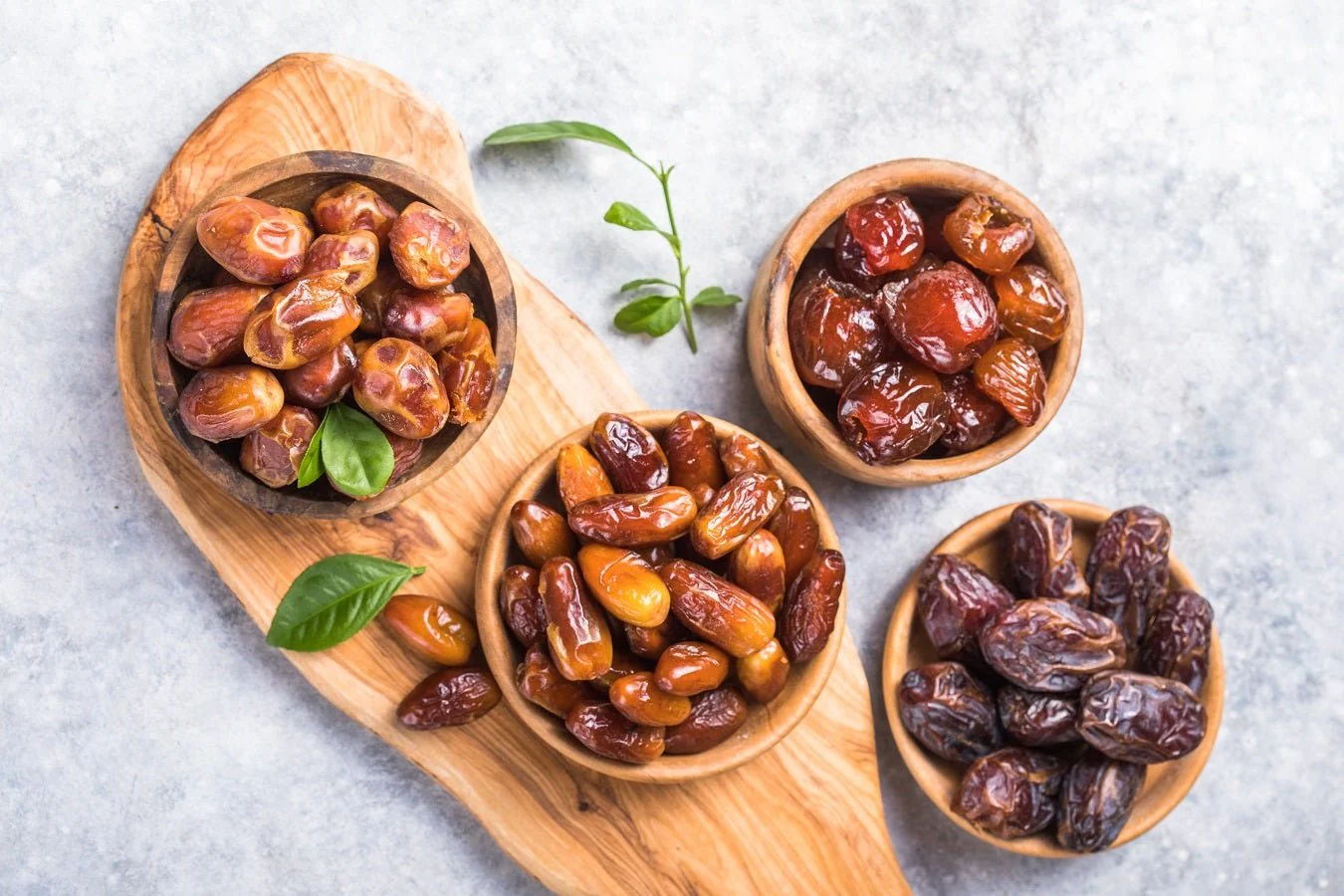
Pemborong Kurma Malaysia: Cultural Traditions on Dates Fruit
Introduction: Unveiling the Cultural Heritage of Dates Fruit in Malaysia
In this blog post, we embark on a journey to uncover the cultural traditions and customs associated with dates fruit in Malaysia, with a special focus on Pemborong Kurma Malaysia. Dates hold a significant place in Malaysian culture, not only as a delicious fruit but also as a symbol of tradition, spirituality, and generosity. Join us as we explore the significance of dates in Malaysian culture, their role in religious practices, and the customs surrounding their consumption and gifting, with a particular emphasis on Pemborong Kurma Malaysia.
1. The Significance of Dates in Malaysian Culture
A Symbol of Abundance and Blessings:
In Malaysian culture, dates are regarded as a symbol of abundance, blessings, and prosperity. They are often associated with celebrations, festive occasions, and important milestones in life. The presence of dates at gatherings and events signifies good fortune and the sharing of blessings with others.
A Staple in Traditional Cuisine:
Dates fruit is commonly used in Malaysian traditional cuisine, adding a natural sweetness and depth of flavor to various dishes. They are incorporated into desserts, pastries, and savory dishes, enhancing the overall taste and texture of the food. Dates are also enjoyed as a standalone snack, providing a quick energy boost and satisfying hunger cravings.
2. Dates in Religious Practices
A Sacred Fruit during Ramadan:
During the holy month of Ramadan, dates hold immense religious significance for Muslims in Malaysia. Breaking the fast with dates is a cherished tradition that dates back centuries. It is believed to follow the practice of the Prophet Muhammad (peace be upon him) and represents the completion of a day of fasting. Dates are consumed to nourish the body and provide immediate energy after a long day of abstaining from food and drink.
Prayers and Spiritual Reflection:
Dates fruit also plays a role in religious observances beyond Ramadan. They are often included in religious gatherings, such as Friday prayers or special occasions, where they are shared among attendees as a gesture of unity and communal harmony. The act of consuming dates during these gatherings fosters a sense of spiritual connection and reflection.
3. Customs Surrounding the Consumption and Gifting of Dates
Breaking Fast with Loved Ones:
In Malaysian households, breaking the fast during Ramadan is a cherished family affair. Family members gather around the iftar table and partake in the ritual of breaking the fast together. Dates are an essential part of this ritual, with each person consuming a date before partaking in the main meal. This tradition strengthens family bonds and highlights the importance of sharing blessings and moments of gratitude.
Gifting Dates as a Gesture of Goodwill:
During festive occasions and cultural celebrations, dates fruit is often exchanged as a gesture of goodwill. Gifting dates symbolizes well wishes, blessings, and prosperity for the recipient. It is a common practice to present dates to friends, family, and acquaintances during festive seasons, such as Hari Raya Aidilfitri or other joyous occasions.
Conclusion
The cultural traditions and customs associated with dates fruit in Malaysia showcase the deep-rooted significance of this humble fruit in Malaysian society. From symbolizing abundance and blessings to playing a pivotal role in religious practices, dates hold a special place in Malaysian culture. Whether it’s the act of breaking the fast during Ramadan, incorporating dates in traditional cuisine, or exchanging dates as a gesture of goodwill, the customs surrounding dates fruit highlight the values of unity, generosity, and spirituality that are integral to Malaysian society.
Key Highlights
- Dates fruit holds great cultural significance in Malaysian culture, symbolizing abundance and prosperity.
- Dates are a staple in Malaysian traditional cuisine, adding sweetness and flavor to various dishes.
- During Ramadan, dates are consumed to break the fast and provide nourishment.
- Dates are included in religious gatherings, fostering a sense of spiritual connection.
- Breaking the fast with dates is a cherished family tradition, strengthening familial bonds.
- Gifting dates is a common practice, symbolizing goodwill and prosperity.